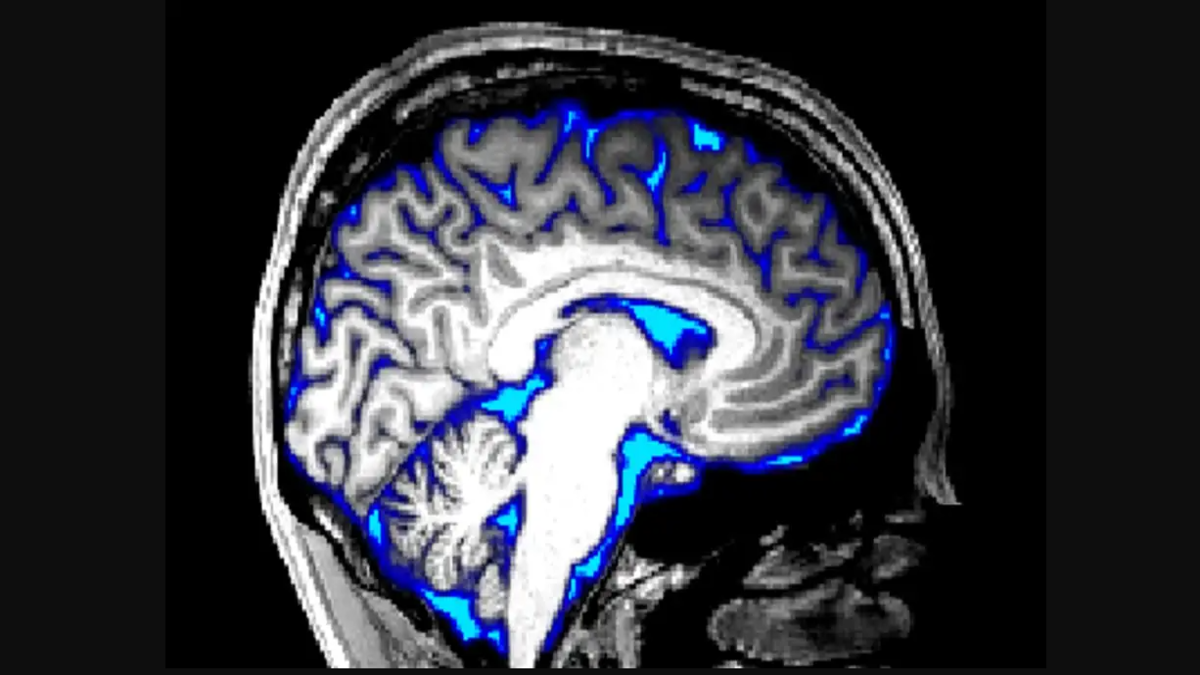Harvard Medical School (HMS) researchers have unveiled a groundbreaking AI tool, named CHARM (Cryosection Histopathology Assessment and Review Machine), designed to revolutionize the treatment of aggressive brain tumors. This cutting-edge tool can aid doctors during surgery by rapidly identifying genetic traits that guide surgical procedures.
Previously, the process of decoding the DNA of brain tumors, particularly gliomas, required days or even weeks. However, the CHARM tool swiftly studies images to extract the genetic profile of these tumors, providing detailed diagnoses to surgeons in real-time as they operate. Kun-Hsing Yu, the senior author of the research report published in the journal Med, highlights the potential benefits of this AI-driven assistance in improving patient outcomes and reducing the need for multiple surgeries.
The CHARM tool is not limited to the researchers who developed it; it is freely available for other scientists to use and collaborate on. Nevertheless, before its deployment in hospitals, the AI tool must undergo rigorous clinical validation and receive clearance from the FDA.
Kun-Hsing Yu, an assistant professor of biomedical informatics in the Blavatnik Institute at HMS and the senior author of the study, emphasizes the significance of CHARM in overcoming existing challenges in molecularly profiling tumors during surgery. The tool extracts untapped biomedical signals from frozen pathology slides, offering valuable insights into a tumor’s molecular identity. This knowledge is particularly crucial, as certain tumors can benefit from on-the-spot treatment with drug-coated wafers directly placed into the brain during the operation.
Furthermore, the ability to obtain intraoperative molecular diagnoses in real-time paves the way for the development of real-time precision oncology, according to Yu. By harnessing the power of CHARM, surgeons can make more informed decisions during brain tumor surgeries, potentially transforming the landscape of brain tumor treatment and enhancing patient care.
By Impact Lab


